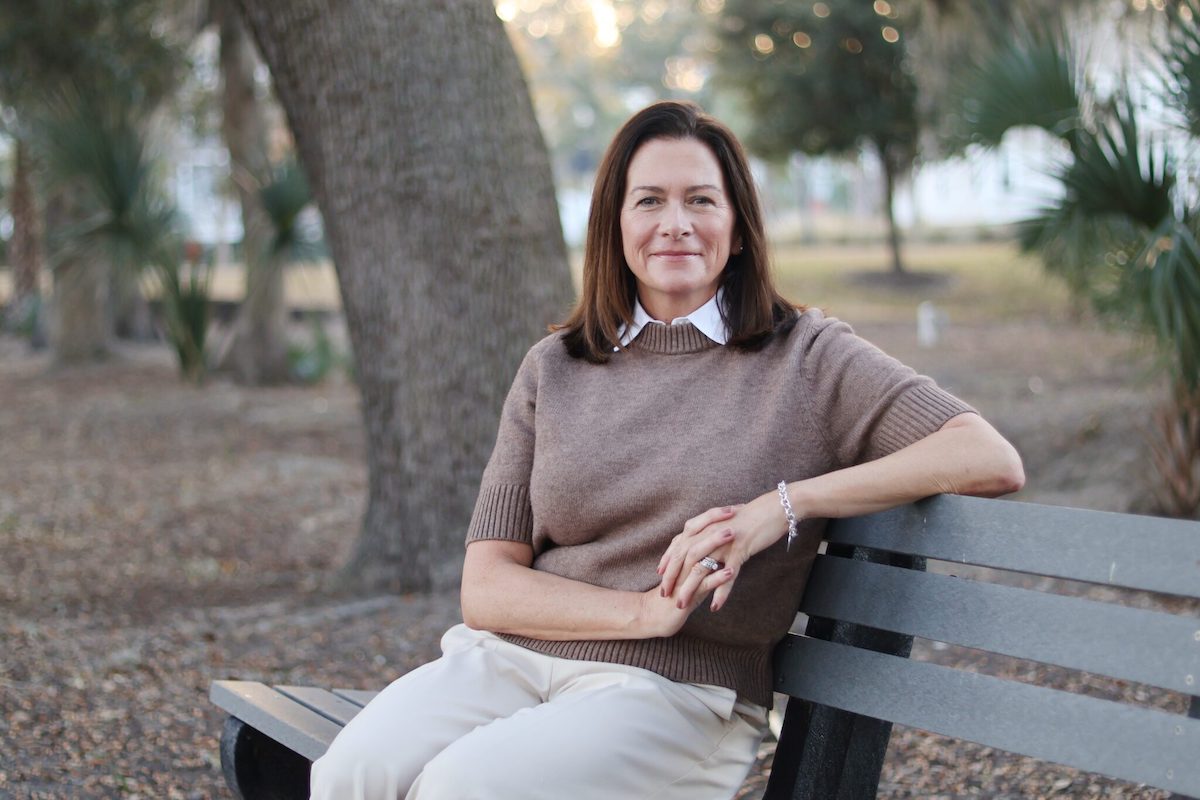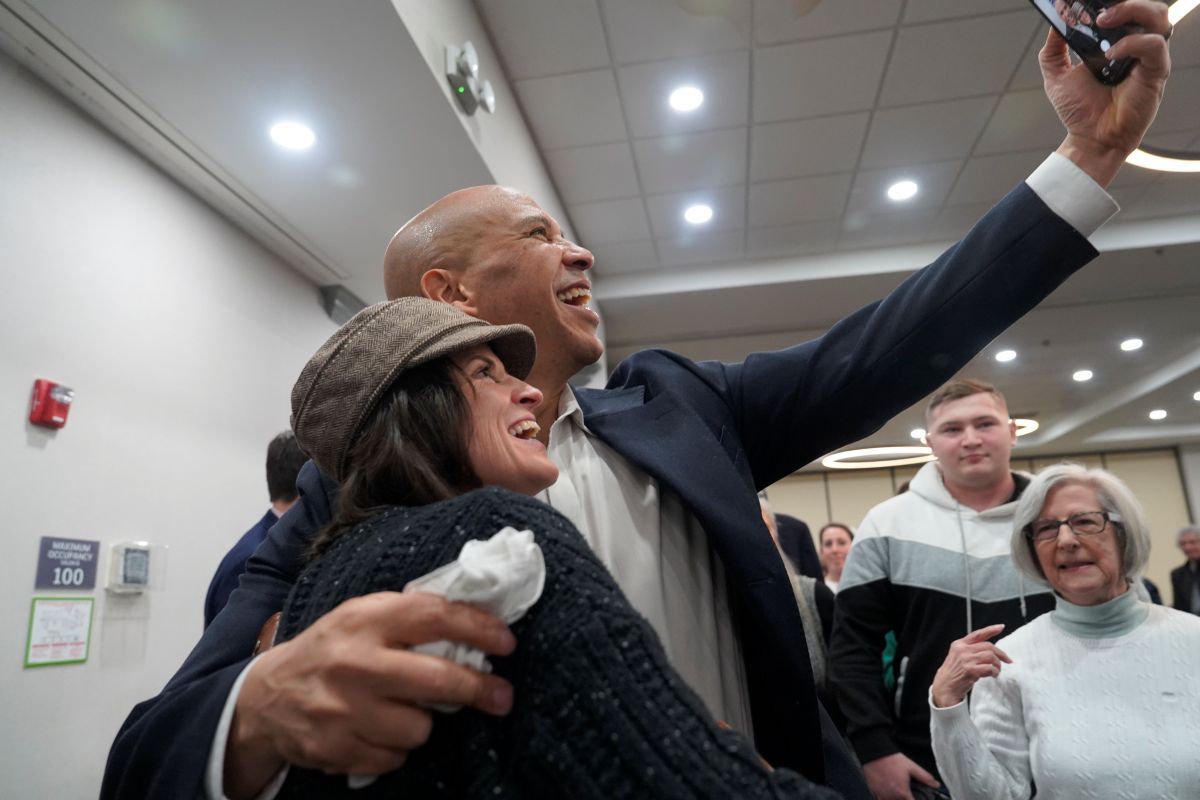By Jessica Holdman
SCDailyGazette.com
COLUMBIA — In another Statehouse showdown, South Carolina’s House speaker is blaming senators for blocking the elections of 24 circuit court judges who oversee criminal proceedings across the state, plus the next chief justice of the state Supreme Court.
Senate leaders contend it’s just a delay.
“We’ll have elections. What I don’t know is when,” Senate Majority Leader Shane Massey told the S.C. Daily Gazette.
That’s because the election of judges — which in South Carolina is a function of the Legislature — has become intertwined with calls to reform how legislators pick who sits on the bench.
“It’s something that’s been talked about for years” without movement, said Massey, R-Edgefield.
As a way to force change, GOP Sen. Wes Climer threatened in October to filibuster elections until the Legislature changes the makeup of its judicial screening panel. Senate rules allow a single senator to hold up legislation. But Climer has backup, as senators of both parties quickly pledged their support.
There’s been no actual filibuster in the Senate — at least, not yet. Senators simply haven’t taken up a resolution scheduling judicial elections. And no legislation proposing changes has advanced to either the House or Senate floor.
Frustrations are clearly growing, and time is nearing for senators to make a decision, Massey said.
House versus Senate
The irritation became very public Feb. 7 — the date there was supposed to be a joint assembly for judicial elections — as leaders of the House and Senate traded barbs from their respective podiums.
“This is nothing short of a public safety disaster and a catastrophic blow to our criminal justice system,” House Speaker Murrell Smith told his colleagues in a speech directed across the Statehouse lobby at the Senate.
Smith, R-Sumter, claimed delaying the elections will create a situation “where victims will not see justice, where sentences will not be handed down, where those on bond will be left free to reoffend.”
The Senate showed it was willing to elect the chief justice only. Who succeeds Don Beatty when he retires due to the state’s mandated exit age for judges was never in question. The next chief justice will be John Kittredge, next in line as the most senior justice and the only one who applied. His election is a formality.
But Smith, in his remarks, made clear electing him only is unacceptable. After all, he said, the state’s high court decides a fraction of cases, and it’s the lower courts that put people in prison.
Senate President Thomas Alexander snapped back at the speaker’s remarks, painting it as an attempt at strong-arming.
“They want to elect judges so they can remove the only leverage those that want judicial reform have,” said Alexander, R-Walhalla.
Proponents of reform waved off Smith’s comments as “hyperbole.”
There’s no immediate need for elections. Nothing changes as long as the Legislature holds judicial elections by June 30, when judicial terms end, said Climer, R-Rock Hill.
Push for reform
He and Columbia Democrat Dick Harpootlian are leading the push in the Senate. Their focus is changing the Judicial Merit Selection Commission, the 10-member panel that screens judicial candidates and decides who advances to a joint assembly for elections. It’s composed of six legislators — all attorneys themselves — and four people appointed by legislative leaders.
Climer and Harpootlian, along with a chorus of prosecutors around the state, say the current system leads to judges selected based on who they know rather than merit. They also contend there’s an inherent conflict in lawyer-legislators picking the judges they’ll appear before in the courtroom.
The bipartisan duo said they’re confident the Senate will pass legislation reforming the process. Whether it becomes law would be up to the House.
“Then the Speaker is going to have to put his money where his mouth is,” Harpootlian said.
Massey called the issue “a tough one, one that really needs committee work.” Yet a set of proposals remains stalled in the committee that’s supposed to be reviewing them.
Massey said something needs to advance soon, or the entire Senate will need to vote to skip the committee process and bring the debate directly to the floor.
Not wavering
Meanwhile, Climer said he is not wavering on his commitment to block judicial elections.
“There’s no reason to believe that judicial reform will not be enacted in this session,” he said.
A bi-partisan proposal co-sponsored by almost half of the Senate — including Climer, Harpootlian, and Finance Chairman Harvey Peeler — would throw all legislators off the judicial screening panel. They would be replaced by appointees of the governor, solicitors, public defenders and the chief justice.
“We’re talking about some minor technical adjustments,” Harpootlian said in his own speech from the podium. “It’s not the end of the world, Mr. Speaker. It may be the end of your world where you, as a lawyer-legislator, get to handpick the judges you want.”
But his idea of “minor” is guaranteed to meet resistance in both chambers.
Even if the Senate manages to reach agreement on a proposal, what, if anything, the House approves may be vastly different. A separate House committee has been meeting since the fall on potential fixes. Legislation has yet to come out of it.
Meanwhile, the clock is ticking. Three months remain in the regular legislative session.
Jessica Holdman writes about the economy, workforce and higher education. Before joining the S.C. Daily Gazette, she was a business reporter for The Post and Courier.








